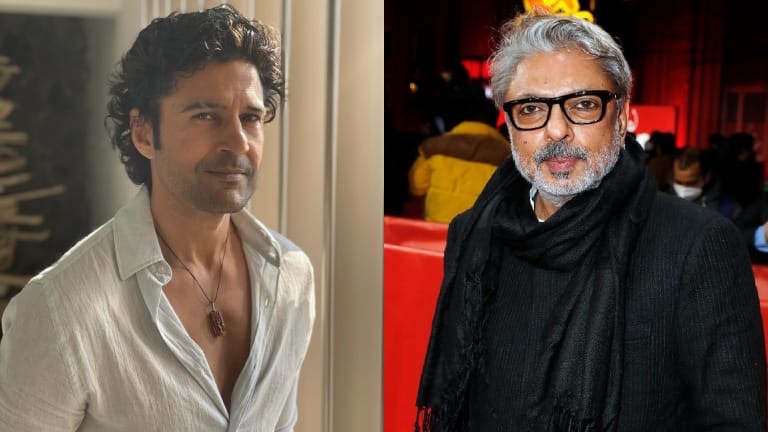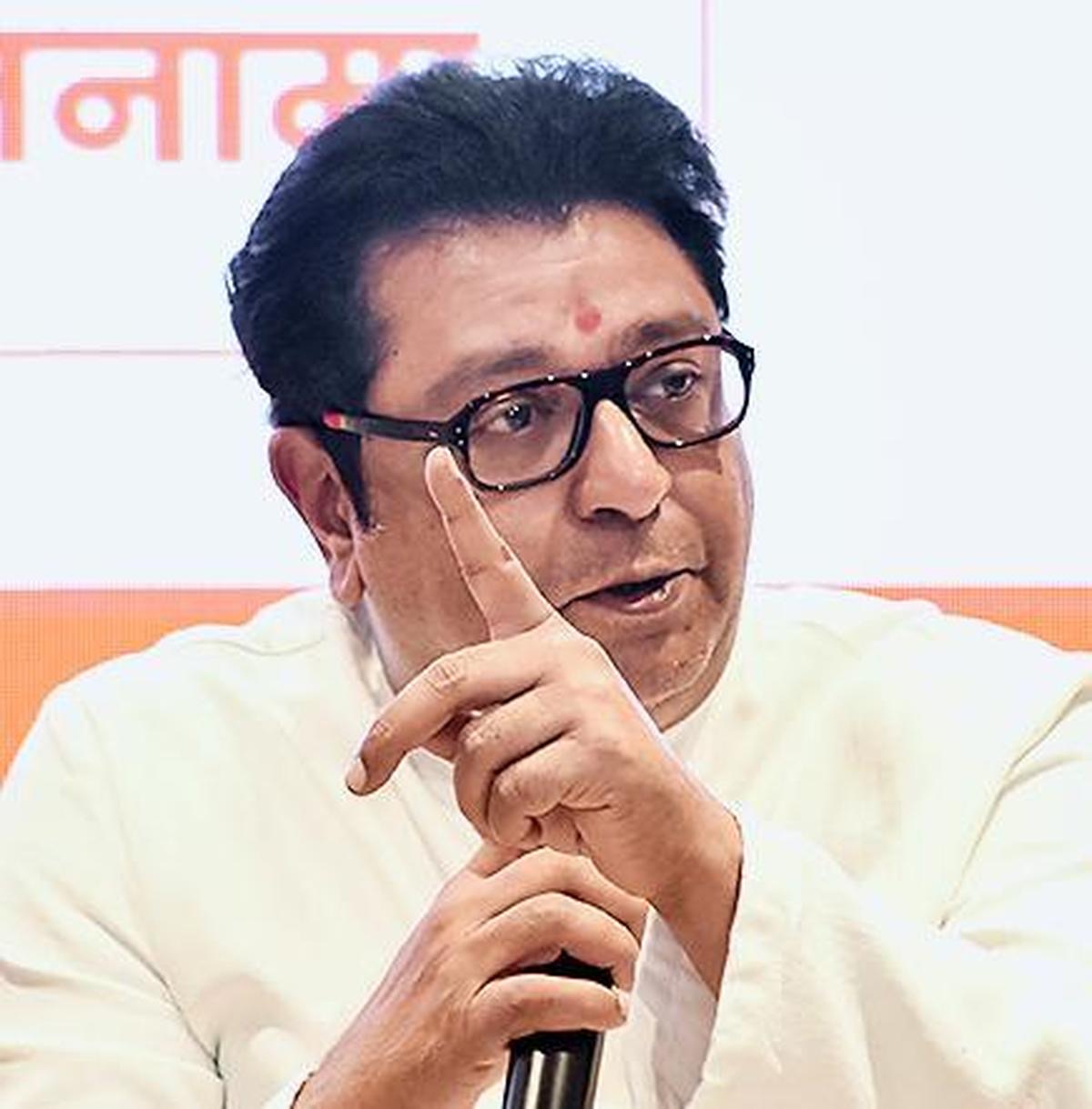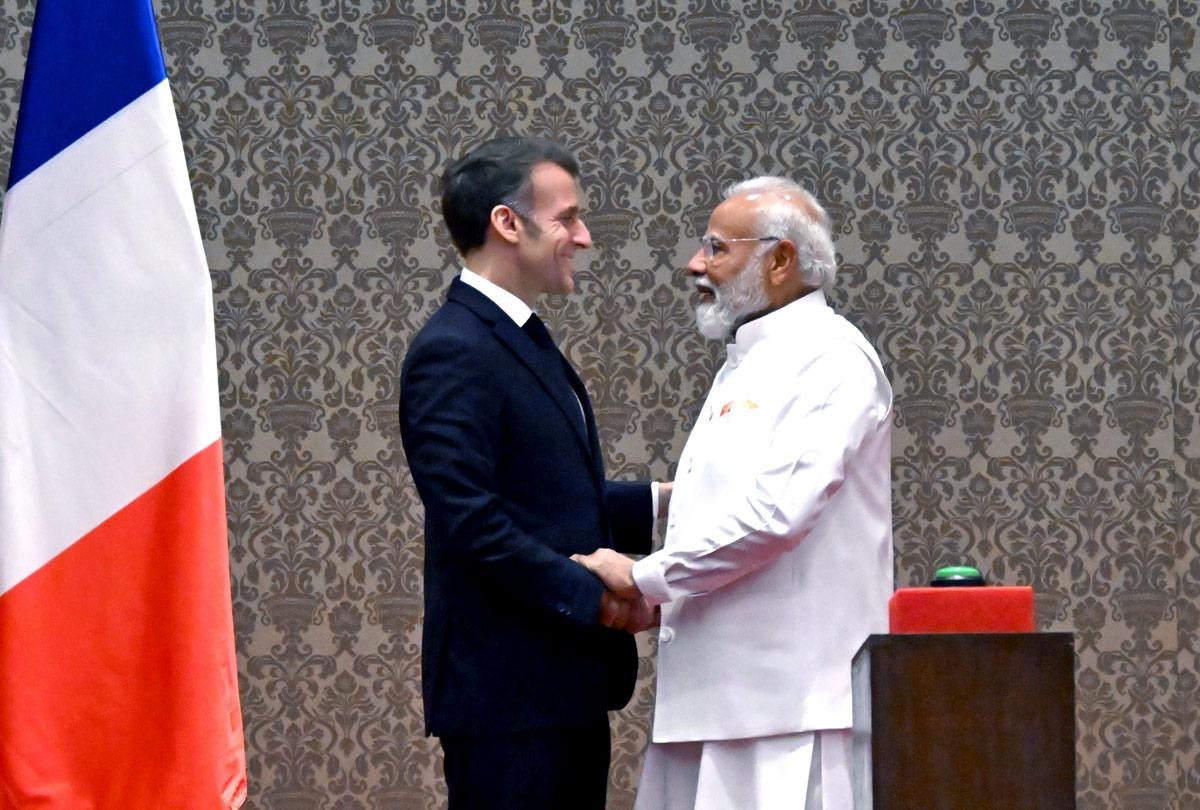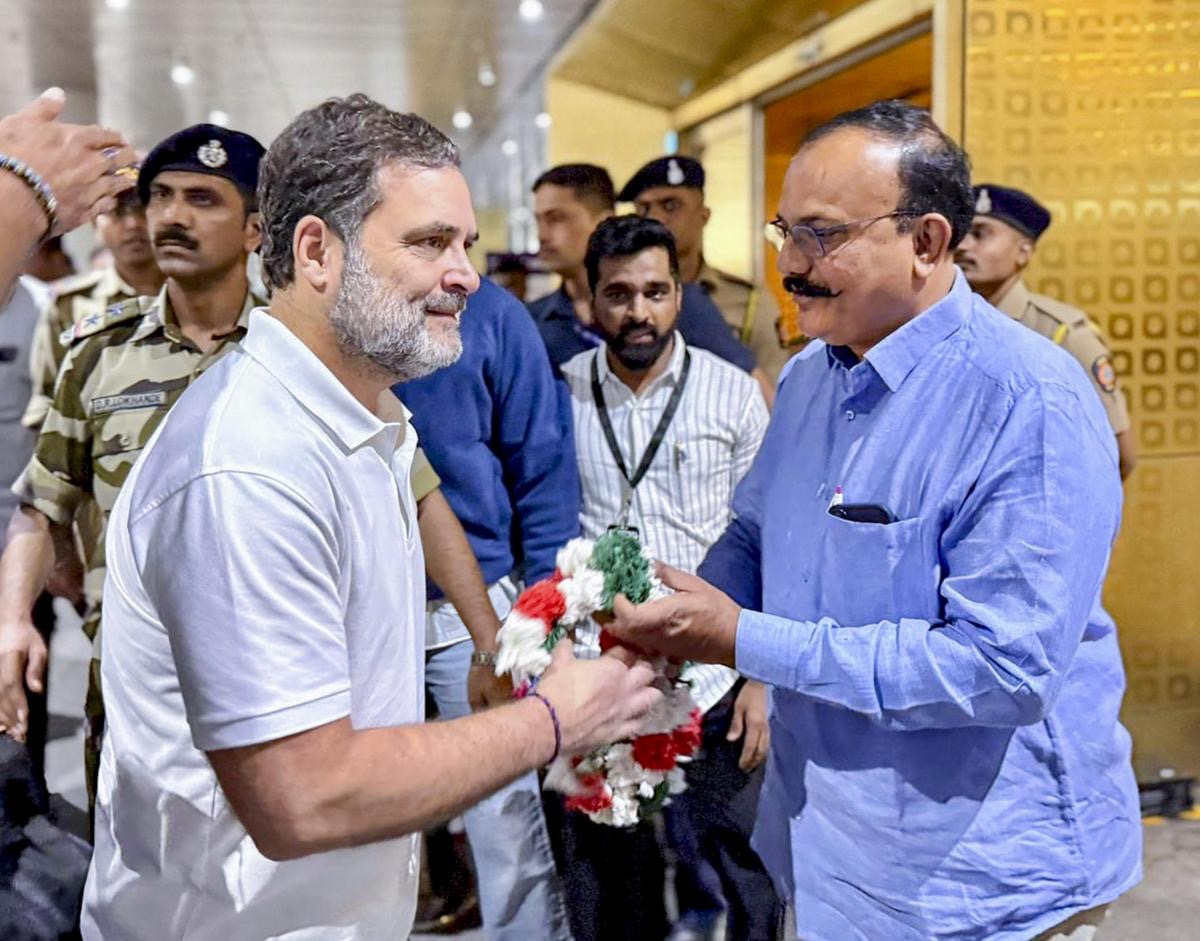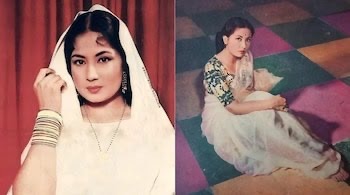When Meena Kumari spent her solitary days alone
Meena Kumari, India’s Tragedy Queen, spent her solitary days alone with only her diary for comfort. A look back at her haunting legacy and poetry she wrote.
A look back at Meena Kumari’s solitary days spent in loneliness
Forlornly, India’s tragedy Queen Meena Kumari adored by millions, was left with no one except her diary when the lights dimmed and the curtains fell.
India’s beloved “Tragedy Queen” breathed her last at just 38, penniless, heartbroken, and surrounded by the silence of a room that had witnessed her pain.
Born Mahajabeen, she had carried the weight of her family from childhood, stepping in front of the camera when she should have been playing outside. The glamorous career came, but at a steep price. Success brought heartbreak, a troubled marriage, and an escape into alcohol.
Her diary emerged as her last refuge, a secret companion where she poured what the world could never see.
“Leaves from my diary” in the July 1957 issue of Filmfare magazine, penned by Meena Kumari, revealed her side that audiences never saw, a sensitive, self-critical, deeply poetic thinker.
She recalled her shy childhood vividly: “I was very shy and thin at the time, and I suffered from a self-consciousness which remained with me for years.”
Nicknamed “Chini” in her younger days because of her delicate looks, Meena Kumari confessed that the teasing only deepened her sense of inadequacy. The actress admitted to carrying this fragility well into adulthood.
She penned that when she was six, her younger sister Madhuri also started working in films. Since nobody called her ‘Chini’ either in the family or outside it, her inferiority complex continued to live with her.
Her writings also capture moments of youthful rebellion. When pressured to act as a child, she once protested with fiery resolve:
“A director had to rush onto the set and remonstrate with me in a high voice, maintaining and threatening my mother. The director shouted at her and said, “You fool! Do as you’re told or he will shoot her dead!” she refused point-blank, indignant at the idea of enacting the rusty floor for no reason that she could see.
Meena Kumari wanted to go to School:
In a deeply personal reflection, Meena recalls how her childhood yearning for education was repeatedly crushed by circumstance and father hesitation, “Desire to be educated and to live like other children was throttled in the bud.”
“Later, began to demand to be sent to school. Reading fascinated her and she also began to loathe her work and everything connected with it. Her father continued his persistent pleadings, but to no avail. After a little persuasion, he more than once, at his successful best, took her to school, fixed up her admission. But father, being too indulgent and therefore weak, invariably brought her back. Thus the desire to be educated and to live like other children was throttled in the bud. She went on, nevertheless, and her fondness for reading increased and a bitter longing for education grew sharper and stronger. My wish was never gratified and she lost herself in a dream.
A broken marriage
When she wrote about her marriage to filmmaker Kamal Amrohi, her diary carried a mix of hope and irony: “her life, such as it is — and it is breathtakingly lovely — completed a full circle in 1953 when Kamaal and she were married.”
But in one chilling entry, found years later, she admitted: “She has never loved Kamal Amrohi.” Those words, written in solitude, spoke volumes about her strained marriage to the filmmaker.
According to Vinod Mehta’s biography, when Kamal Amrohi secretly discovered that line, it widened the rift between them. The diary, in many ways, was her silent rebellion.
When her mother died
Meena Kumari’s words carry the weight of loss, as she looked back on the fleeting happiness that slipped away too soon, in her diary she recalled:
“But life goes on and death comes inevitably with it. Nothing of real joy stays the way it is. After a year of unforgettable happiness in our new home, mother died. She was left heart-broken. She felt alone again, as she had done when she used to go to work and other children went to school.”
“Her motherless complex returned, fed by my loneliness and by my desperate longing for her continued guidance. Her mother had been her confidante, friend, guide and solace.”
Loneliness and Reflection
Her films—Pakeezah, Sahib Bibi Aur Ghulam, Aarti, Parineeta—turned her into an immortal face of sorrow. But her verses showed another Meena. A poet who longed for peace, who questioned love, who felt crushed by the demands of a film industry that celebrated her tragedies but forgot the woman behind them.
Lyricist Gulzar, who shared a deep bond with her in her final years, became the custodian of her words. As her health collapsed due to cirrhosis of the liver, she handed over her diaries to him, perhaps the only gesture of trust left in her fractured world.
Following her demise in 1972, Gulzar compiled her poems into Tanha Chand (Lonely Moon), a haunting book that still resonates with anyone who has ever felt abandoned.
“She lived her cinema,” one old filmmaker once remarked. Maybe that was true. Her real life often mirrored her on-screen roles—tragic heroines caught in webs of loneliness. But when the applause faded, it was her diary, not people, that stayed by her side.
Today, more than five decades later, Meena Kumari isn’t just remembered as the star of Pakeezah. She is remembered as a poet, a woman who turned her suffering into art.
News Edit KV Raman



